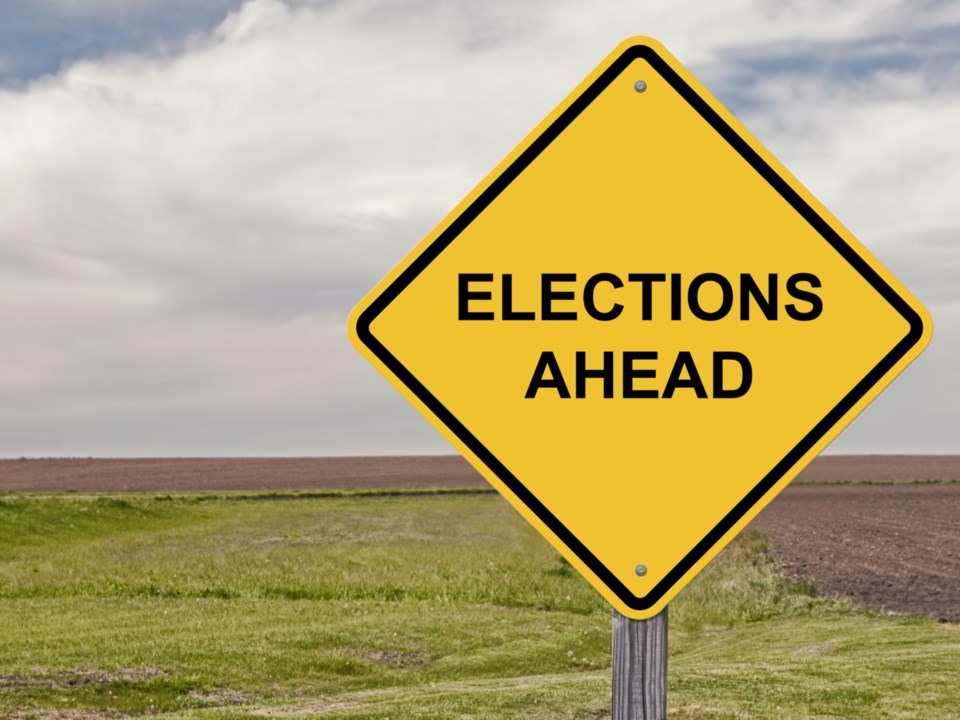Editor’s note: The NDP of Perth-Wellington was contacted for this story but had not responded at the time of posting. The story will be updated once their comments are received.
What is going on in the Perth-Wellington riding, anyway?
To be concise, nothing much. And given the current situation playing out in the House of Commons, that could feel a little disheartening to many voters in the riding.
Conservative party leader Pierre Poilievre saw a second non-confidence motion fail in the house on Tuesday, coming up short in his and the party’s attempt to force the Justin Trudeau-led Liberals into an election sooner rather than later.
And the response from local chapters of the three other parties not named Conservative? A very faint, collective shoulder shrug.
A quick look back shows that Conservatives have controlled this riding (or previous iterations of it) since the Liberal’s John Richardson resigned from his seat in November of 2002. Gary Schellenberger and now John Nater have controlled this part of the province in that time and a similar pattern evolved for both of them: their first election proved to be the closest. Schellenberger defeated Brian Innes (Liberal) by just 1,001 votes when he took the seat from Richardson in a May 2003 by-election; his last electoral victory came in 2011 when he routed the NDP candidate, Ellen Papenburg, by well over 15,000 votes.
Nater’s rise was similar – his initial election to Parliament in 2015 was by 2,775 votes over Stephen McCotter in 2015, while his latest win in 2021 came by 13,300 votes over Brendan Knight (Liberal).
So why the history lesson? This is where the shrug comes into play. With the Conservatives nosing around for an election in Canada’s near future, the Liberal, NDP and Green Party have collectively zero named candidates in Perth-Wellington.
Let’s start by looking at the usual bridesmaid of the riding. Bert Vorstenbosch is the local representative for the Liberal party in Perth-Wellington, and he confirmed they are still pursuing a candidate to put up in the next election. The speed with which a candidate is elected seems to vary, he said, depending on the situation.
“It can get fast or slow, depending on if an election is called or we get lots of interest,” he said. “And if the individual that runs does not win, waiting potentially five years to run again is a long time to wait – it takes a real commitment to potentially put your life on hold, hoping to get elected to office so a lot of people don’t do that. Some are one and done, while others re-evaluate closer to the next election.”
It was a similar response from the Green Party’s Fabrice Lachance, as she indicated full-time employment trumps a waiting game between election cycles.
“Most of our candidates have full-time jobs and are not necessarily ready to be announced before the campaign starts,” she said. “All parties restart their nomination process.”
While it is understandable that candidates who lose a prior vote don’t feel inclined to stay involved in the day-to-day goings on, it begs the question of who is representing the interests of those who didn’t vote for the winning candidate? All politicians will say they represent their constituents equally and without prejudice, but does it really feel that way? Would adopting a shadow Member of Parliament – something akin to shadow ministers for the opposition in Ottawa – make sense at a local level? At the very least, it might equip a would-be candidate with better tools to take on their opponent in an apples-to-apples debate.
While the idea of taking on an incumbent like Nater (who is going on 10 years in his seat) might seem daunting, Vorstenbosch didn’t think it would be impossible to form a plan.
“It’s hard to answer that because it largely depends on who the candidate is,” he said. “In this riding I believe you need an individual with strong roots to the community, and well known for what they have done here. They will also need to show they are prepared to listen to the Perth-Wellington constituents and their needs.”
Given the heavy agrarian base with urban centres mixed in, the ideal candidate a party could put up in an election would have to be a multi-faceted one. Vorstenbosch indicated that they would need widespread appeal and a touch for communicating with varied groups with varied interests.
“This is a large riding with all walks of life from small agriculture to large, and small businesses to international ones,” he said. “Perth-Wellington literally has everything and is geographically large, so a candidate needs to understand that they will be representing all walks of life and have to be able to figure out a way to do that.”



